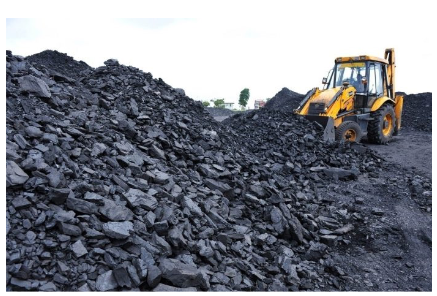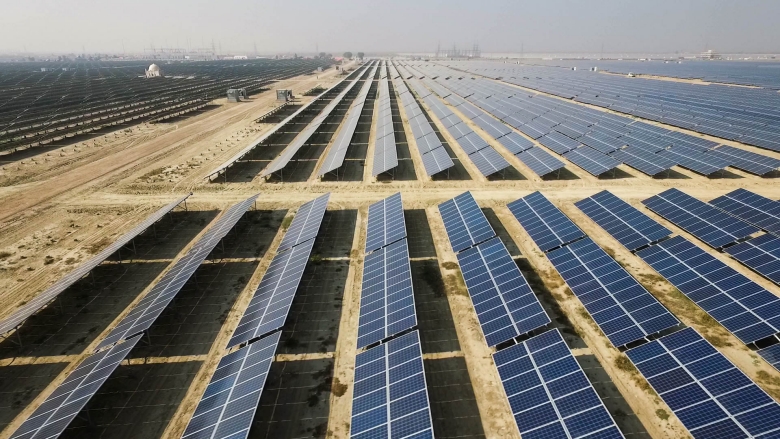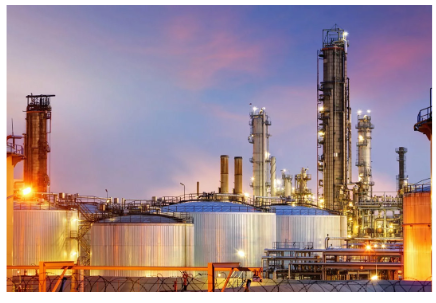Pakistan has received its first consignment of Russian crude oil under an agreement signed between the two countries in April 2023. The cargo carrying 45,000 metric tonnes of crude oil arrived in Karachi; while another 50,000 metric tonnes is expected to arrive later on, according to the Pakistan Refinery Limited (PRL), where the crude oil will be processed for usage.
Prime Minister Mian Muhammad Shehbaz Sharif called the arrival of the Russian crude a “transformative day” for Pakistan as a new supply line of oil has been created by the government. It is worthwhile to note here that no such agreement was inked between Pakistan and Russia before that as propagated by the PTI. It is the achievement of the current government of PDM and its allies alone, which took advantage of this opportunity and turned it into reality.
As Russia is under sanction due to its invasion of Ukraine last year, cutting its oil and gas exports to the European Union and the United States, the new oil deal with Pakistan will give Moscow a new oil market after India and China as the Ukraine conflict rages on.
Pakistan’s Minister of State for Petroleum Musadik Malik predicted that petrol prices in the country will fall once the supply from Russia is received regularly and refineries start refining oil in line with the principle of demand and supply. “If we start getting one-third of our crude oil from Russia, then there will be a big difference in prices and its effect will reach people’s pockets,” he said.
The coalition government under the premiership of Shehbaz Sharif is working hard to reduce the import bill of oil so that the trade deficit may be reduced. According to one forecast, the import bill in terms of oil payments will be reduced from $13 billion to $10 billion, saving a hefty amount of $3 billion, thus reducing the current account deficit too.
The World Bank reports that Pakistan has a potential of 40 GW of solar power and has set a target of achieving 20 per cent of its electricity from renewable sources by 2025.
In a major boost to the Pakistan-Russia energy trade, a shipment of Russian liquefied petroleum gas (LPG) has also reached Pakistan via land route through Uzbekistan and Afghanistan, a day after a Russian oil tanker docked the Karachi Port. The shipment comprises 10 containers of Russian LPG.
Coal
While Pakistan has vast coal reserves, its production is quite low. The total consumption of coal by different sectors of the economy stood at 15.418 million metric tonnes during the period under consideration, out of which 9.402 million metric tonnes were mined indigenously from various coalfields of the country, the main among them the Thar coalfield. The remaining 6.576 million tonnes were imported from various international suppliers. 
Pakistan plans to continually increase its domestic coal production in order to meet the burgeoning demand of its power sector and expand the industry. There is an urgent push by the government to shift away from imported coal and to increase dependence on indigenously produced coal.
Pakistan has more than 186 billion tonnes of coal reserves. These reserves have the potential to meet the energy needs of the country for a long time to come. However, power generation and the development of industry using coal as a raw material cause environmental issues.
Coal can help Pakistan end its power woes, and supercharge its industry to grow while creating employment and generating income along the way. It must, however, be stressed that too much reliance on coal will inevitably cause environmental pollution, which has already become an existential threat to the country and the world. Therefore, the country must switch to clean and green sources of energy as soon as possible while using coal to reach that end.
Oil and gas
Pakistan has been heavily reliant on fossil fuels, particularly oil and gas, for power generation. However, the power production mix has undergone some changes in recent years.
According to the Pakistan Bureau of Statistics (PBS), as of 2020, fossil fuels accounted for approximately 63 per cent of the total power generation, followed by hydropower at 29 per cent, nuclear energy at 5 per cent, and renewable energy at around 3 per cent. The portion of renewable energy in the entire energy portfolio has been at an abysmal level.
Solar power
In recent years, Pakistan has witnessed substantial investments in solar power projects, both domestic and foreign. It has introduced a financing scheme for renewable energy to make financing available for consumers in the private sector to invest in renewable electricity generation. Until February 2022, SBP had provided Rs 74 billion (about $400 million) in financing to over 1,175 projects with a combined capacity of 1,375 MW in renewable energy.
The World Bank reports that Pakistan has a potential of 40 GW of solar power and has set a target of achieving 20 per cent of its electricity from renewable sources by 2025.
Several challenges need to be addressed to fully harness Pakistan’s solar energy potential. These challenges include the high initial costs of solar installations, limited access to financing, lack of awareness about solar energy benefits, and inadequate grid infrastructure.
To overcome these obstacles, the current government is working on a new 25-year energy policy that seeks to have 20-30 per cent of all energy derived from renewable energy sources by 2030. The policy also aims to reduce dependence on imported fuel products and increase the share of indigenous resources.
Alternative and renewable energy policy
The current government has approved the Alternative and Renewable Energy Policy 2019, which provides incentives and facilitation for renewable energy projects. The previous government also faced challenges in implementing the National Electricity Policy 2021, which was approved by the Council of Common Interests in February 2021. In budget 2023-2024, the government has planned to switch 50,000 tube wells to solar energy to boost the agriculture sector and save energy bills.

Hence, the coalition government under Prime Minister Shehbaz Sharif is expanding the energy portfolio of Pakistan by exploring new suppliers as well as working on indigenous and renewable energy resources to attain a sustainable energy profile for Pakistan.








